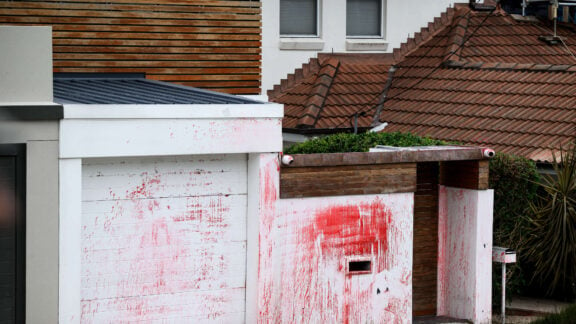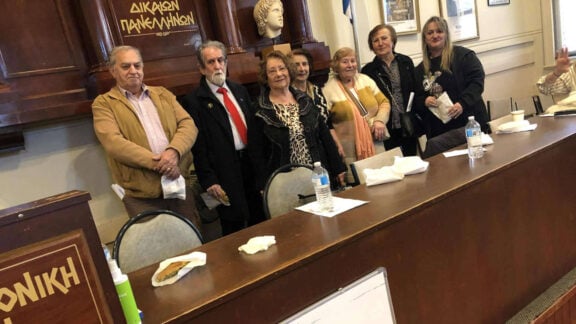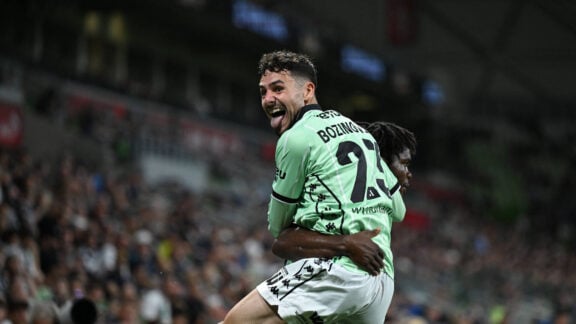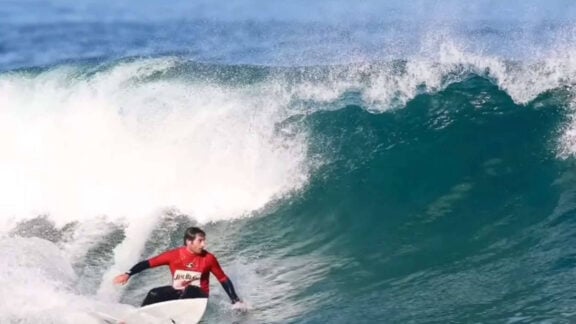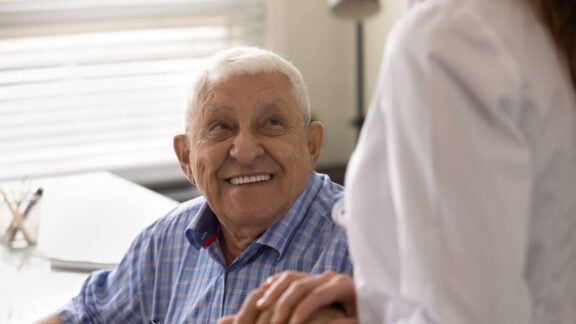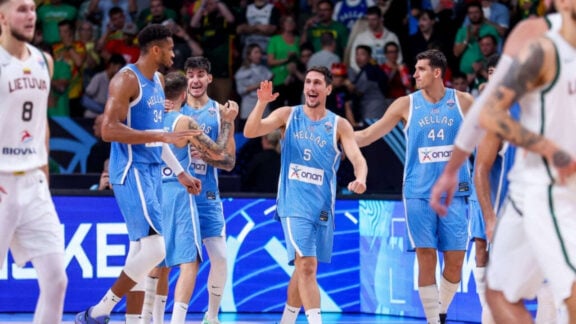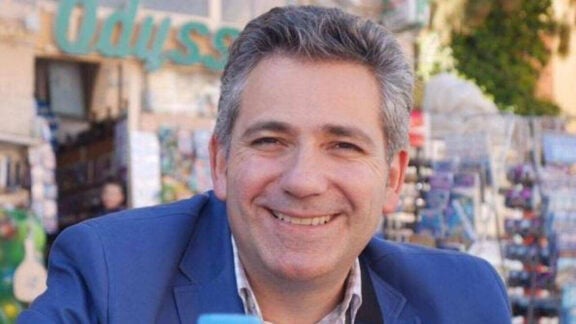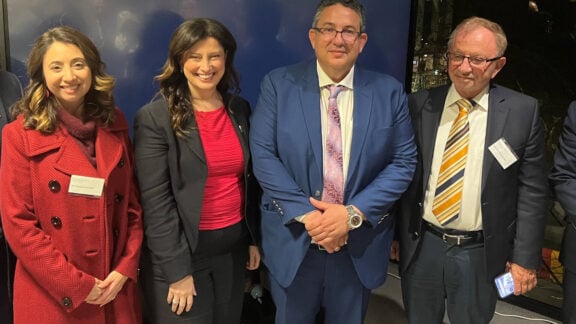The bell tolled in Ithaca on 25 June, in Stavros and in Vathi, for Nick Sikiotis, 69yrs old, a man with many friends and, for me, my closest.
Two weeks before his own death, for his last post on Facebook, Nick borrowed the words of Pericles: “What we leave behind is not what is engraved in stone monuments, but what we have woven into the lives of others”.
He was taken from Newcastle by his parents, Arthur and Eleni, and brought to Ithaca to complete primary and high school. In high school, he entered as I was graduating. He then went to the Polytechnic School of Athens before taking a management degree at Columbia University in New York. He was brought to Australia by the Fraser government to help establish the nuclear power industry, and stayed here after the government abandoned its plans.
Many the Greek community know him for his talent in singing and playing the guitar. He sang second voice to Marinela and Hadji, and performed with his band in functions in Sydney and in Romanza, a dance venue Nikos’ father established in the 1930s on Ithaca. He was a benefactor to his own village, Stavro, where his house is located 1000 meters from the putative palace of Odysseus.
Nick and I established the ‘sophistries’, evenings during which friends get together for a dinner, a discussion on a controversial topic and singing. The idea for the sophistries came to us in Bondi Jn, the Athens of the South, in the intellectually fertile crescent between Woolworths, Coles and Target. We attempted to resurrect sophistries in Greece after a 2400-year hiatus, in Lefky Ithaca; the locals did not react very well and I turned to Nick for help. Nick said to me, “give up mate, there is no hope, let us proceed directly to the singing”.
I had the chance to repay him the favour: In a sophistry discussion on nuclear power, he said “if it was not for George and his friends we would have nuclear power today”.
I said, “Nick, we were not against nuclear power, we were against you.”
In many ways, Niko was lucky. Who wouldn’t be jealous seeing him dance with Fahima, his wife who is amazing in dancing. Fahima was there in the beautiful times and the times of need.
He had four children, Arthur, Eleana, Marcos and Christopher, and was proud of the achievements of each one of them. Two of them have already given him the greatest gift of life: his 4 grandchildren.
His friends will miss his humor, intellect, good will and music.
Nick was the life of many get-togethers––an orchestra all by himself.
Nick Sikiotis 22 August 1951-25 June 2021.
For his friends I reproduce the poem of Callimachus of Alexandria of ancient times:
“The news you were gone, Heraclitus, brought me to tears.
I remembered how many twilights we’d worn out together,
Talking the sun to his rest. And now, I suppose,
You are nothing but dust, old friend, in your home far away.
But your nightingales are singing, too quick for the touch
Even of death who robs us of everything.”
For me, Nick has been the ideal friend and now through the day his voice speaks to me as do the words of Kavafi of Alexandria of recent:
“Ideal and beloved voices of those who died…
At times in our dreams they speak. At times in thought the brain hears them. And their sound for a moment brings back the first poetry of our life, like music of the night that fades in the distance.”
I will borrow the metaphor from the passage of Pericles which Nick himself used, and say “Nick has woven into our lives colorful threads that will stay with us until our own end”.
With the Newcastle church service, Nick completed the journey of life, returning to where he was born. Those of us who met him on the journey will forever hold him as our friend.
George Paxinos is a Greek Australian neuroscientist, born in Ithaca, Greece.


